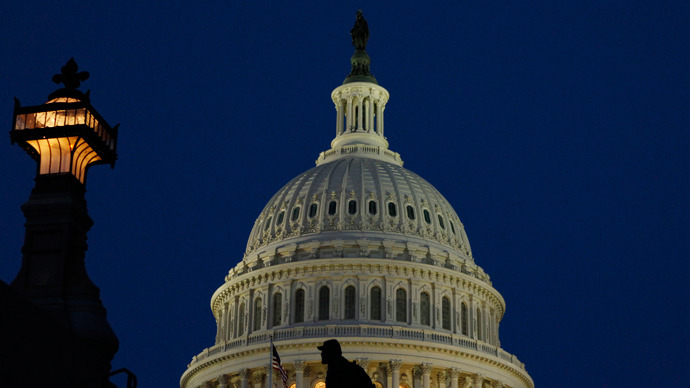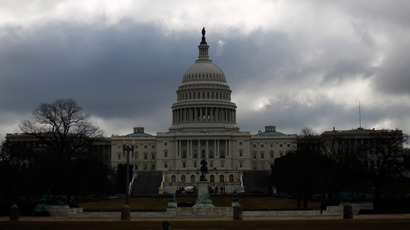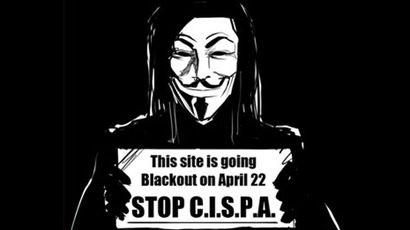'Dead for now:' CISPA halted in the Senate

Privacy advocates can breathe a sigh of relief as the controversial US Cyber Information Sharing and Protection Act (CISPA) appears to be all but dead in the water, with all signs pointing to it being shelved by the Senate.
The bill, which was purportedly designed to allow the federal government to share private user information with corporations in situations of a suspected cyber threat, was the source of widespread ire from privacy advocates.
Senator Jay Rockefeller (D-WV), chairman of the US Senate Committee on Commerce, Science and Transportation, confirmed that CISPA’s passage seemed unlikely due to the bill’s lack of privacy protections, which the Senator deemed “insufficient.”
According to US News & World Report, a representative of the Senate committee stated that, though CISPA seems to be dead for the time being, issues and key provisions from that bill may still re-emerge.
"We're not taking [CISPA] up. Staff and senators are divvying up the issues and the key provisions everyone agrees would need to be handled if we're going to strengthen cybersecurity. They'll be drafting separate bills," said the representative.
President Obama had threatened to veto CISPA in its current form due to its lack of personal privacy provisions. A representative with the ACLU, which along with the Electronic Frontier Foundation (EFF) was one of the bill’s most vocal critics, also believed that the legislation now faces an uncertain future.
"I think it's dead for now," says Michelle Richardson, legislative council with the ACLU. "CISPA is too controversial, it's too expansive, it's just not the same sort of program contemplated by the Senate last year. We're pleased to hear the Senate will probably pick up where it left off last year," she told US News.
According to the EFF, CISPA represents a “dangerous”
level of access to private information, and would allow the
National Security Agency to obtain online communications data
without a warrant.
According to Richardson, it should be three months before any
cybersecurity legislation sees a vote in the Senate.














